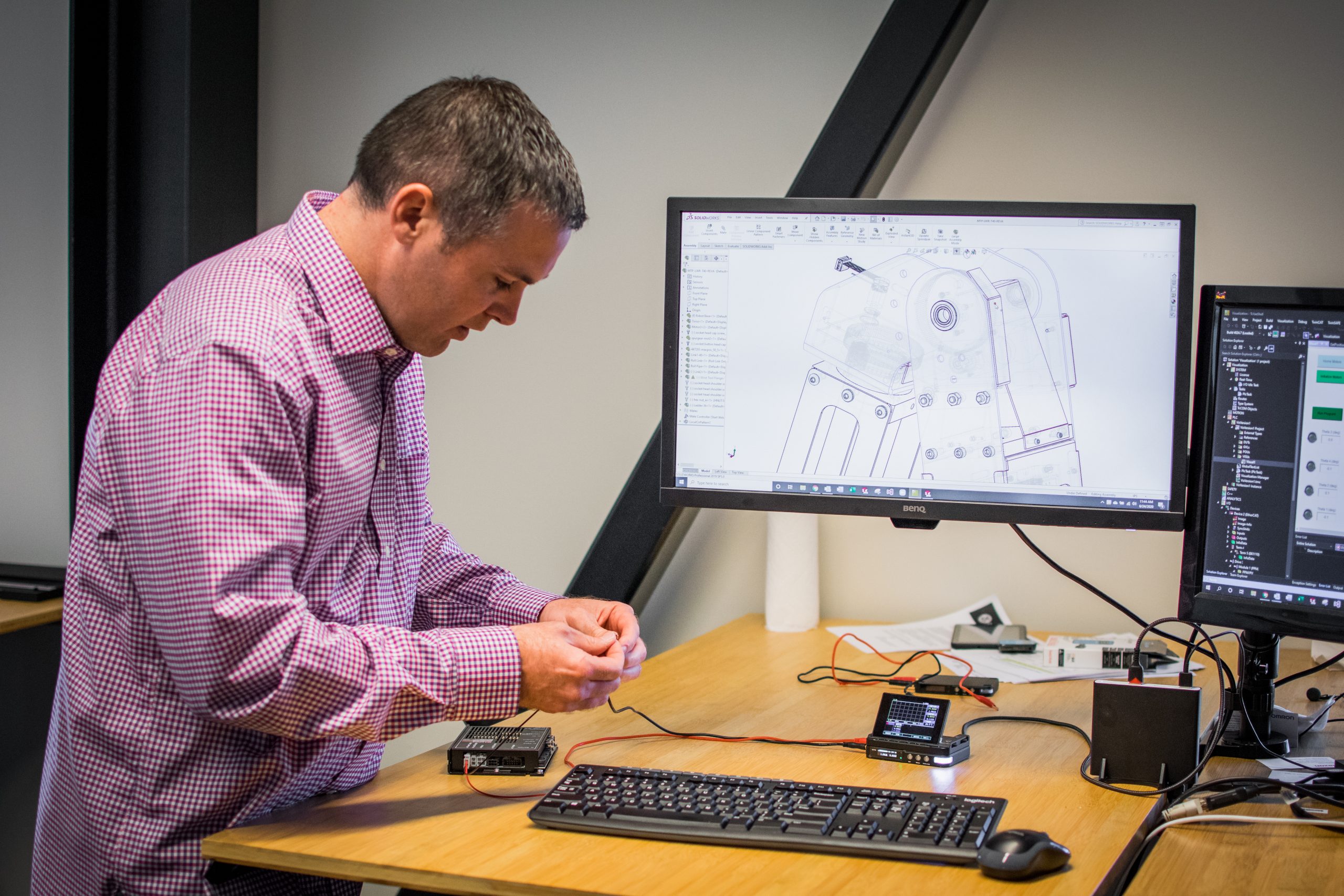
Senior design projects are a pivotal part of engineering and technology education, bridging the gap between theoretical knowledge and practical application. These capstone experiences challenge students to apply everything they’ve learned in a real-world scenario, often culminating in innovative solutions to pressing problems. An integral part of these projects’ success often hinges on the roles of sponsors and mentors. This exploration delves into how sponsorship and mentorship can dramatically enhance the value and success of senior design projects.
The Role of Sponsorship
Sponsorship in senior design projects typically involves companies or individual professionals who provide resources, funding, or specific problems for students to solve. This relationship is beneficial for both parties; companies gain fresh perspectives on a problem or potential solutions to a business need, while students receive the invaluable opportunity to work on practical, real-world challenges.
Financial and Material Support
Sponsors can provide financial backing, which is crucial for procuring materials, accessing cutting-edge technology, and sometimes even covering travel expenses for field testing. This financial support allows student teams to push the boundaries of their creativity and technical skills without being hampered by budget constraints.
Real-World Problems
When companies bring actual problems they are facing to the table, students get a chance to work on relevant issues that impact the industry. This experience is incredibly enriching and gives students a taste of what their future careers might involve, including the pressures and expectations of real-world engineering and product development.
The Influence of Mentorship
While sponsors fund and propose challenges for senior design projects, mentors provide. The guidance and technical expertise needed to navigate these challenges successfully. Mentors are typically experienced professionals or faculty members who guide students through the design process, offering insights that only come from years of working in the field.
Technical Guidance and Expertise
Mentors help students translate theoretical knowledge into practice. They assist in refining ideas, solving technical problems, and implementing solutions effectively. This guidance is crucial in helping teams overcome obstacles and produce workable solutions that meet the project’s objectives.
Career Development
Beyond project-specific guidance, mentors also play a vital role in their mentees’ professional growth. They introduce students to professional networks and recommend courses of action for career development. Often provide letters of recommendation for future job opportunities. The relationship forged during a senior design project can sometimes influence a student’s career path long after graduation.
Combining Sponsorship with Mentorship
The most successful senior design projects often combine sponsorship and mentorship effectively. When sponsors and mentors collaborate effectively. They can provide students with a holistic experience that not only prepares them for their future careers but also instills them. A deeper understanding of the industry’s challenges and demands.
Collaboration and Networking
Working closely with industry sponsors and mentors allows students to build their professional networks. These connections can be essential for securing employment after graduation. I also gained a foothold in specialized areas of technology and engineering.
Innovation and Implementation
With the solid backing of sponsors and the wise counsel of mentors, student projects are more likely to be innovative and implemented. Their solutions in a real-world setting. This boosts the students’ confidence and visibility in the professional world.
Sponsorship and mentorship in senior design projects create a powerful synergy that benefits all parties involved. For sponsors, it’s an opportunity to foster innovation and scout talent. For mentors, it offers a chance to give back to the educational community and shape it. The next generation of engineers and technologists. Most importantly, for students, this combined support can transform a college project into a launching pad for their careers, imbuing them with confidence, experience, and professional relationships that last a lifetime.